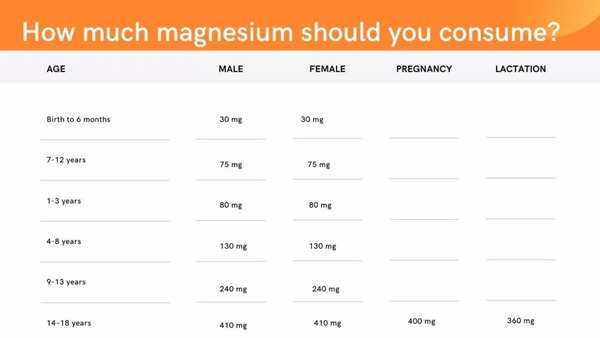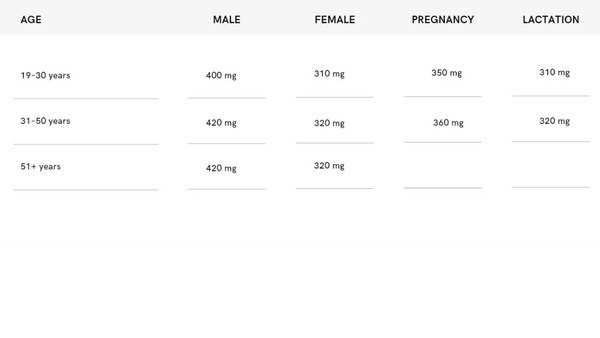Mood disorders, depression, and anxiety are sometimes rooted in nutritional deficiencies. In the past, the role of Vitamin D and B12 has been discussed extensively in maintaining mental health, but the lack of awareness around impact of low magnesium levels on overall health needs to be addressed. Be it mood and personality changes, depression or anxiety, one’s poor mental health could point towards low magnesium levels and may require supplementation or consumption of magnesium-rich foods.Avocados, nuts and seeds, tofu, legumes, leafy green vegetables, cashews, pumpkin seeds are all good sources of magnesium.
Magnesium deficiency, for instance, is associated with a range of mental health conditions and one of them is apathy, which causes mental numbness or lack of emotion. If you are struggling with this condition, you may not enjoy day-to-day activities anymore and could feel you are heading towards depression. A person with low magnesium levels can experience changes in their personality. A seemingly cheerful and outgoing person may become meek and introverted, for instance. A study published in journal Nutrients has shown that magnesium levels also lower in the course of several mental disorders, especially depression.
Role of magnesium in mental health
Magnesium is an important mineral and plays a crucial role in managing various functions in the body including muscle and nerve function, blood sugar levels, and blood pressure and making protein, bone, and DNA. It also has significant contribution in brain function and mood and optimal nerve transmission as it is involved in the formation of membrane phospholipids. Its deficiency can have a major impact on the functioning of the central nervous system.
Symptoms of poor mental health due to magnesium deficiency:
1. Depression
First and foremost, magnesium deficiency is associated with depression risk. A study published in Journal Pharmacology Biochemistry and Behavior discusses how low magnesium levels in the hippocampus, plus high levels of both calcium and glutamate, may result in altered functioning of synapses in the human brain and lead to the development of mood disorders, including depression. Magnesium intake can reduce inflammation in the body, help in balancing hormones and boost activity of GABA, a neurotransmitter linked with calming effect on the brain.
2. Anxiety
Having low magnesium levels in the body can increase the stress levels drastically as the mineral usually keeps the body relaxed and calm. Magnesium deficiency can translate into a range of nonspecific neuropsychological changes such as agitation, fear, anxiety, depression, dizziness, poor attention, insomnia, and restlessness, according to an Magnesium in the Central Nervous System, an ebook published by University of Adelaide Press. Low levels of magnesium in the body can increase stress, and vice versa.
3. Insomnia
Magnesium can have a profound effect on several aspects of our mental health and its deficiency can severely impact our well-being including our sleep. Considering magnesium helps with regulation of circadian rhythm, inadequate levels could lead to low quality sleep and insomnia, says Open Access Macedonian Journal of Medical Sciences. Magnesium promotes relaxation and stress reduction which can boost sleep quality. A few studies have demonstrated that magnesium supplementation can help with insomnia.
4. Emotional numbness
This may be a lesser-discussed side effect of low magnesium levels and one may not suspect deficiency in such cases. However, as per several reports and studies, not having enough magnesium levels in the body can lead to mental numbness or lack of emotion. According to a study published in Journal Nutrients, magnesium supplements might benefit people with anxiety disorders but requires further studies. Apart from a lack of emotion, magnesium deficiency can also cause delirium, and something as serious as coma.
5. Mood and personality changes
Low magnesium levels can affect your mood, make you irritable, hyperactive or depressed. When the levels go from low to severe, it can be noticeable to other as one may experience personality or behavioural changes as magnesium affects brain and central nervous system significantly, and can cause excessive electrical activity in the brain.








